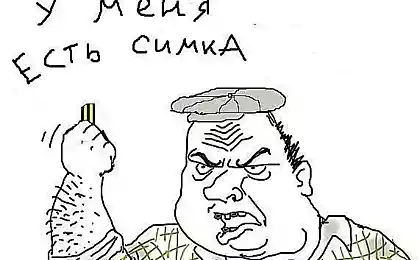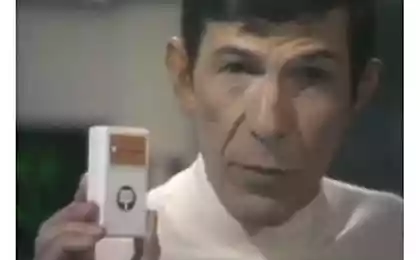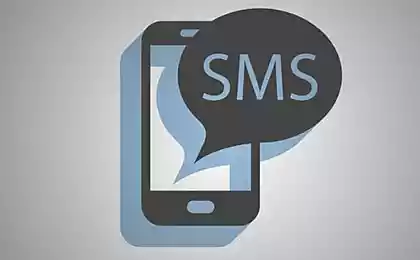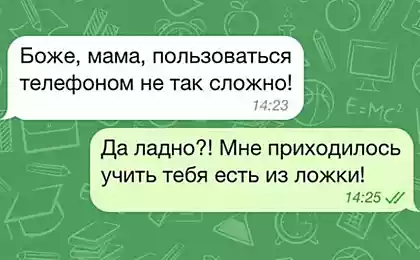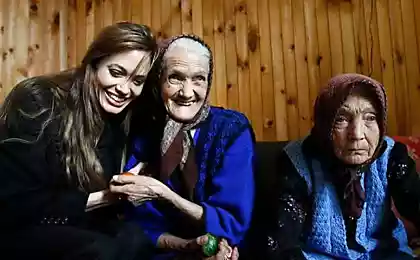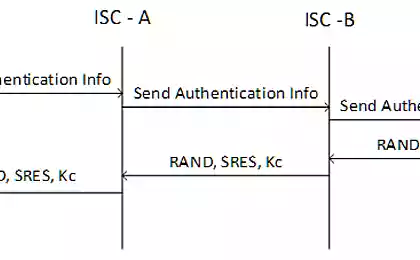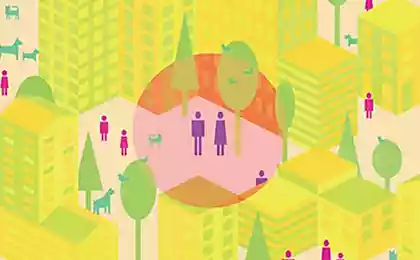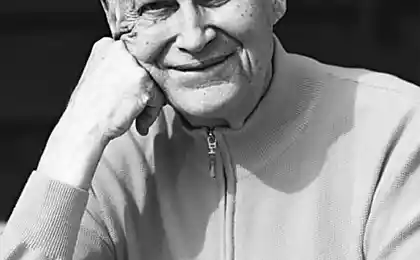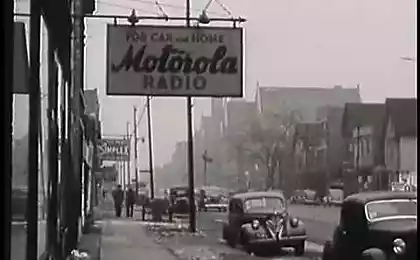917
'22 Messaging system SMS
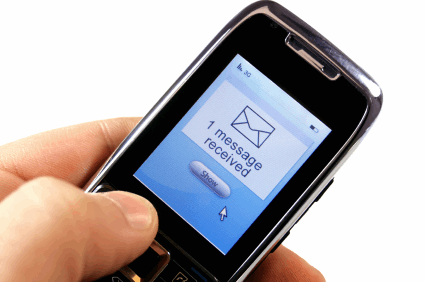
22 years ago, December 3, 1992, Neil Papworth, a young engineer, sent his colleague Richard Jarvis Congratulations on Christmas. And it would not be so important if this message was not the first in the world SMSkoy. But then, 22 years ago, nobody could have imagined how important a part of the short messages take in the world of communications.
Now bring billions of SMS revenues telecommunications companies around the world. In 2016, according to estimates will be transferred over 9 trillion messages. In '92 the first message was the result of seven years of development of standards for the transmission of messages. In 1985, German engineer Friedhelm Hillebrand, who was chairman of the committee to develop a non-voice services for Global System for Mobile Communications (GSM), was obtained to develop a system of sending text messages over cellular networks. While cell phones were only in cars.
Hillebrand with a team of engineers have come up with to use to send messages to an existing radio, which was used only for the transmission of information about the phone signal strength, and most of the time idle. In the интервью The 2009 newspaper LA Times he said: "We needed a cheap implementation. This channel most of the time nothing happens - it just was a free capacity of the system ».
First, the team managed to cram into one message up to 128 characters. They did not stop, and go to the 7-bit encoding, they brought their number to 160. No marketing research while on the subject was not, so engineers attempt to empirically determine if there is enough for a short 160-character messages. After examining the typical postcard of the time and messages transmitted by the system Telex (which had no technical limitations, but nevertheless, the length of messages is generally not exceed this limit), they decided that the 160 would be "absolutely enough."
In addition, the inconvenient location system with several letters on the same button, the phone in the absence of predictive algorithms typing type T9, clearly said there was no need to transfer long texts. Papworth in interview with TechCrunch said: "We have tested the system with 160 characters, but who need more characters To post a message like "If after 20 minutes you are not at home, your dinner in the dog"? Especially because T9 did not exist ».
As strange as it looks now, mobile operators took a lot of time to guess the possible profits from this technology, especially with fees messages sent between different networks and not use it just for voicemail notification. A technology quickly gained popularity and became the primary means of communication adolescents in the 90's and 00's. And still, despite the availability of the Internet in every smartphone and an abundance of different instant messengers, if you need a guarantee that your message will reach all of your friends and relatives - SMS still remains unrivaled.
Source: geektimes.ru/post/242651/

